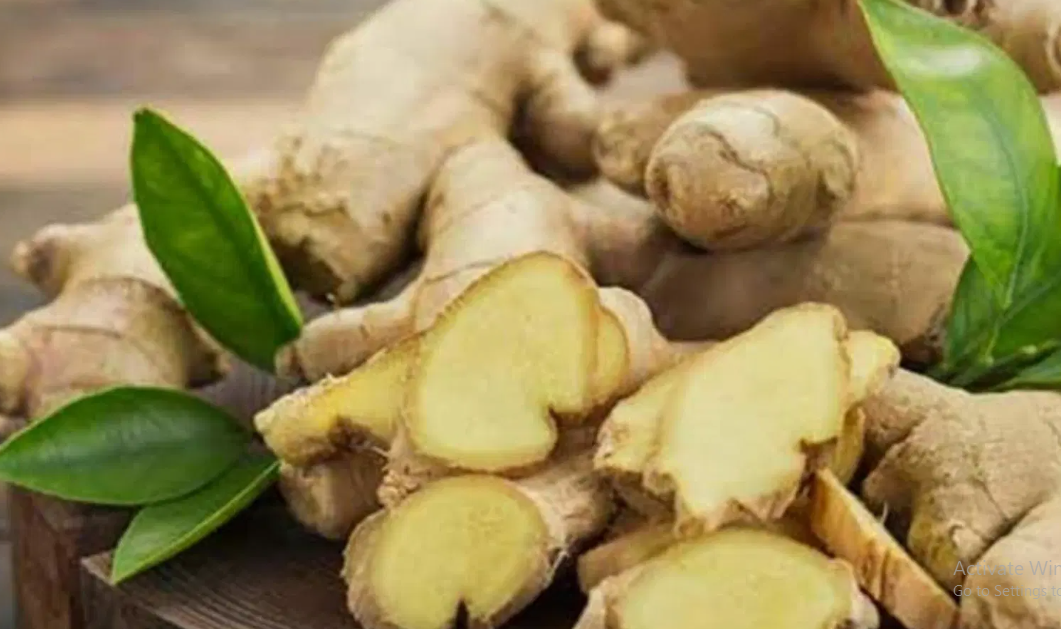HEALTH

WARNING! COMMON KITCHEN SPICES COULD BE QUIETLY INTERFERING WITH YOUR MEDICATIONS
In a surprising revelation that might make you reconsider what’s in your spice rack, a leading medical expert has issued a warning: three commonly used household spices in Nigerian kitchens—cinnamon, turmeric, and ginger—could interfere with the effectiveness of life-saving medications or make them dangerously potent. Though often praised for their health benefits, these spices may disrupt how the body processes drugs for conditions like high blood pressure, diabetes, and infections.
This alert follows a recent study focusing on cinnamaldehyde, the compound responsible for cinnamon’s distinct aroma and flavor. While adding a pinch of cinnamon to your tea or pap is generally safe, health professionals advise against regular consumption of high-dose cinnamon supplements.
Scientist Shabana Khan explains that cinnamaldehyde can activate receptors that speed up the body’s drug metabolism, causing critical medications to be cleared too quickly and lose their effectiveness. “Excessive intake may lead to rapid elimination of prescription drugs from the body, reducing their therapeutic impact,” Khan warned.
Pharmacist Professor Dipa Kamdar added another concern: for some medications, accelerated metabolism triggered by cinnamon can intensify their effects, which may be hazardous. For blood thinners like aspirin and warfarin, this rapid processing could increase the risk of severe, potentially fatal bleeding.
Experts also stress that the type of cinnamon matters. True cinnamon from Sri Lanka contains antioxidants and anti-inflammatory agents, while the more common and affordable cinnamon bark found in supermarkets has high levels of coumarin, a compound linked to liver damage when consumed in large amounts.
Research also suggests that cinnamon might interact with other widely prescribed drugs such as statins and antidepressants, altering their potency.
Turmeric, a bright yellow spice beloved in many Nigerian dishes and natural remedies, is also under scrutiny. Known for its anti-inflammatory effects, turmeric’s active ingredient curcumin can interfere with liver enzymes responsible for drug metabolism. This interference may reduce the effectiveness of antidepressants, blood pressure medications, chemotherapy drugs, and some antibiotics. Moreover, high doses of curcumin, especially when taken with black pepper to enhance absorption, have been associated with severe liver damage.
A study published in The American Journal of Medicine documented 10 cases of turmeric-related liver injury in the US between 2004 and 2022, resulting in five hospitalizations and one fatality due to acute liver failure. One case involved a 62-year-old woman using turmeric for arthritis alongside other medications, highlighting the risks.
Ginger, another kitchen staple celebrated for its anti-nausea and anti-inflammatory qualities, also calls for caution. Kamdar noted that compounds in ginger might affect how the body metabolizes drugs. Studies indicate that high doses of ginger may lower blood sugar levels, potentially intensifying the effects of diabetes medications and risking dangerous hypoglycemia. Additionally, ginger has mild blood-thinning properties.
With millions on prescription blood thinners, the potential for dangerous interactions with high-dose spice supplements is a growing concern, especially as the use of anticoagulants is set to increase.
Kamdar urged individuals taking regular medication, particularly blood thinners, diabetes medicines, or chemotherapy drugs, to consult their doctors or pharmacists before incorporating high doses of herbal supplements into their routine.
“But for most people, using spices in typical culinary amounts is safe. So go ahead: sprinkle, pinch, or dash—just be mindful of what’s in your medicine cabinet—and be wary of taking any herbal supplement in high doses.”
The message is clear: while these common spices offer culinary delight and potential health benefits in moderation, their concentrated forms in supplements could pose a significant and previously underestimated risk to those on prescription medications.
The survey underscores the complexity of spice-medication interactions, highlighting the need for caution, especially with high-dose supplements. As research continues to evolve, staying informed and consulting the experts will be crucial for safely enjoying the benefits of cinnamon, turmeric, and ginger.
"This represents a significant development in our ongoing coverage of current events."— Editorial Board









